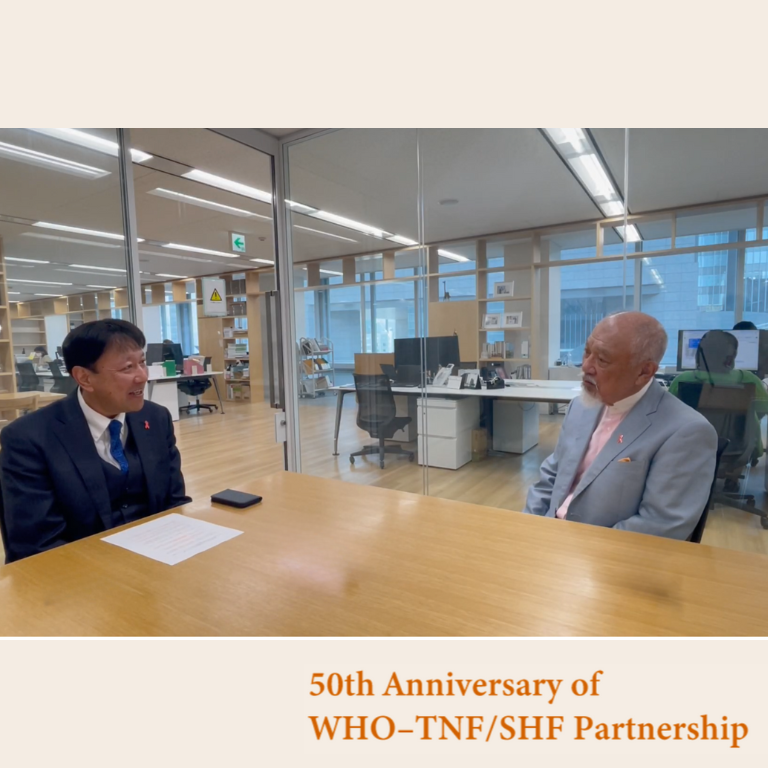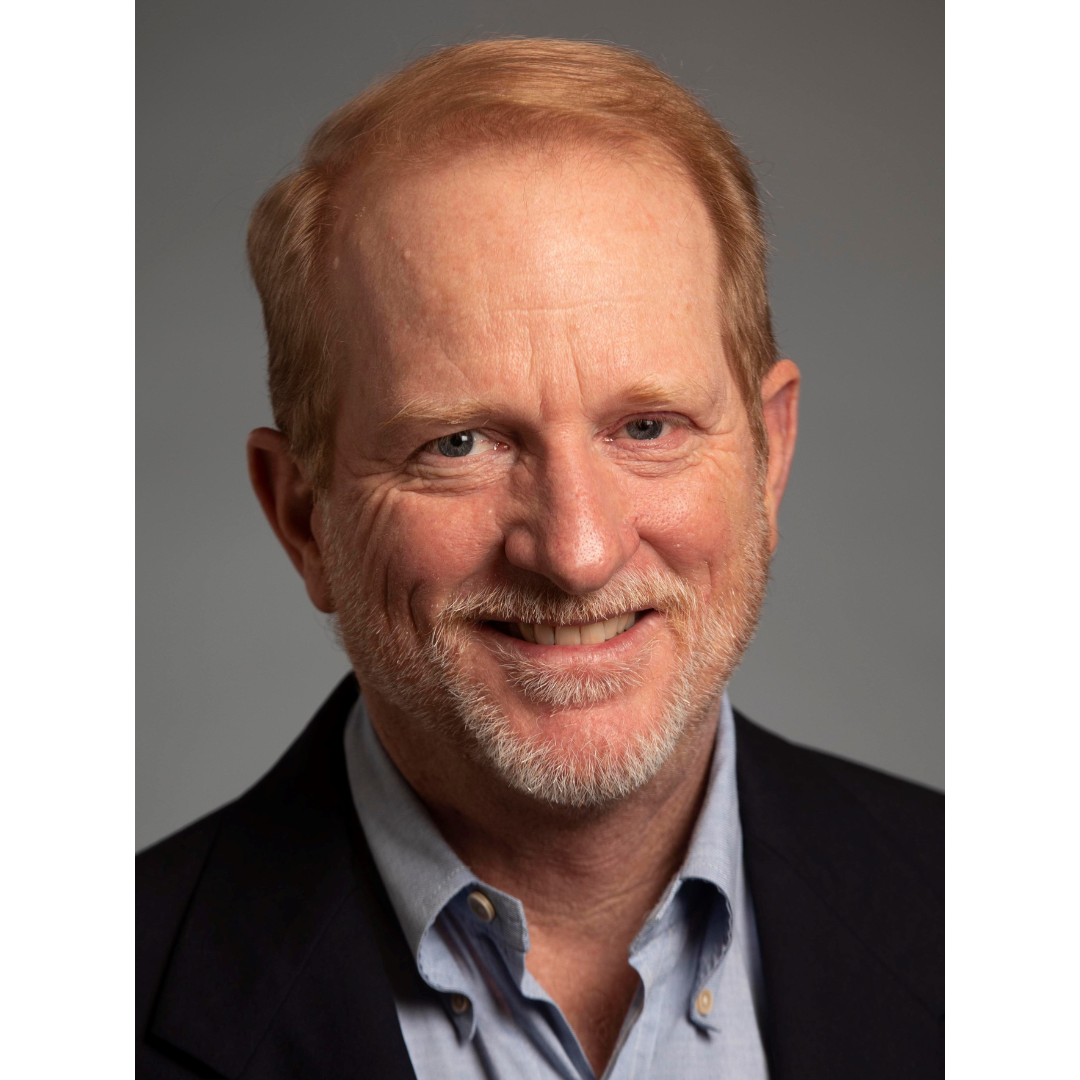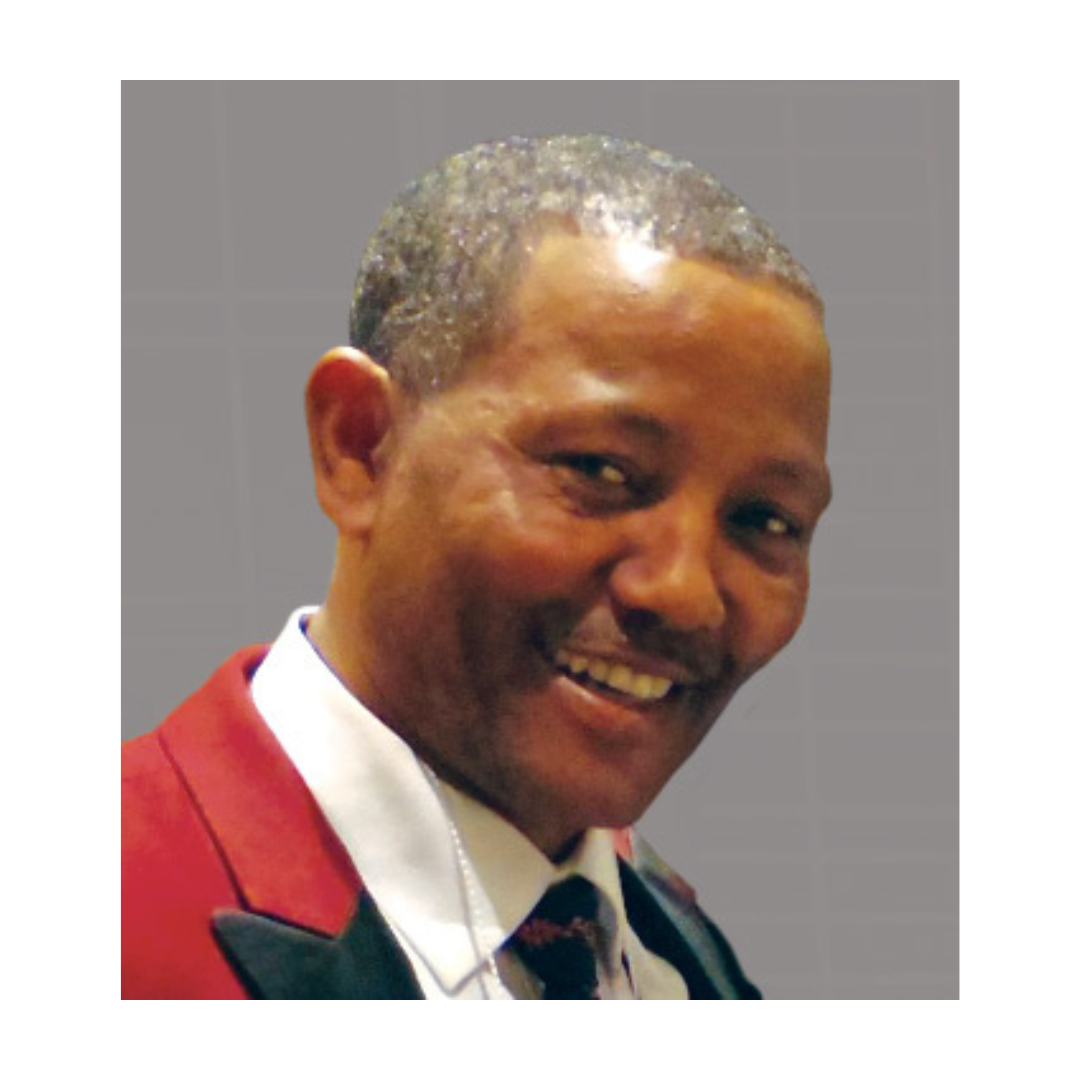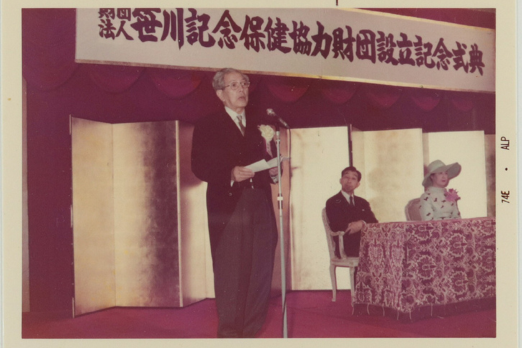
MESSAGE FROM THE AMBASSADOR
Pursuing zero leprosy in Asia and Africa
The Sasakawa Health Foundation (SHF), established in 1974 under the umbrella of The Nippon Foundation for taking action toward a leprosy-free world, will mark its 50th anniversary on May 4, 2024. Read More
REPORT
Accelerating efforts toward elimination in Comoros
The Union of the Comoros is an archipelago island nation in the Indian Ocean’s Mozambique Channel, which separates Madagascar from mainland Africa. In 2022, the country’s population of approximately 837,000 people had 263 new cases of leprosy, of which 76 (28.9%) were child cases. Read more
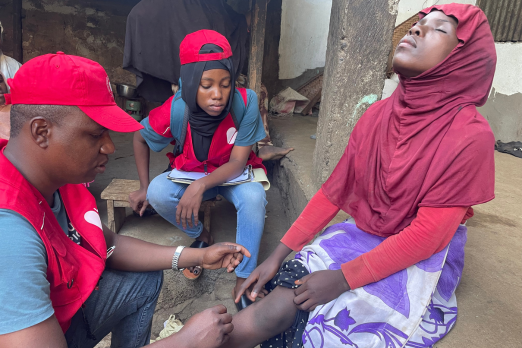
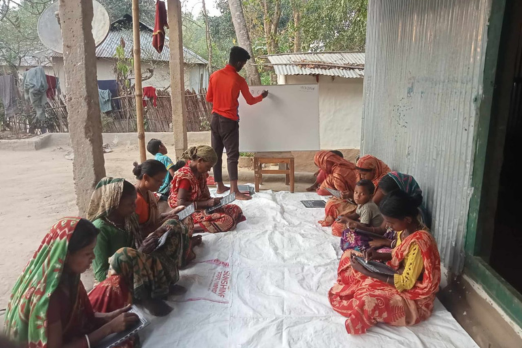
REPORT
Empowering leprosy-impacted communities through education in Bangladesh
REPORT
Breaking the cycle of leprosy and poor mental health
Inequalities in healthcare, barriers preventing access to information, and disparities in education and socioeconomic opportunities inevitably mean that the world’s most vulnerable communities face the greatest impact of poor mental health. Read more
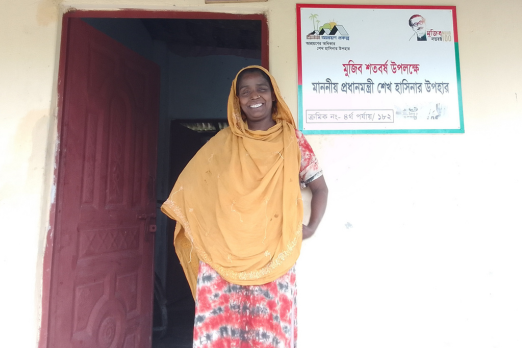
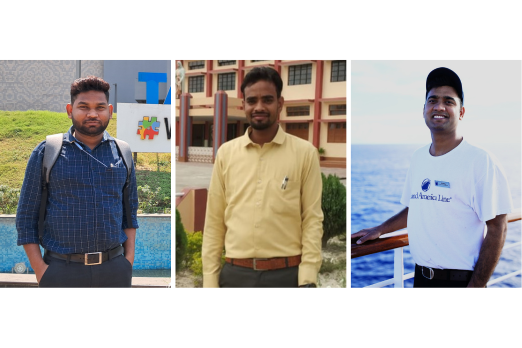
NEW GENERATION
His Holiness Dalai Lama–Sasakawa Scholarship supports youth in India’s leprosy colonies
WISH LIST
Evarestus Lilibeth Nwakaego, National Coordinator, Purple Hope Initiative Nigeria (PHIN)
To stimulate thinking and inspire new approaches, the Leprosy Bulletin occasionally asks a person affected by leprosy or an individual involved in leprosy-related work for a list of a few things that they wish could happen. Read her wish
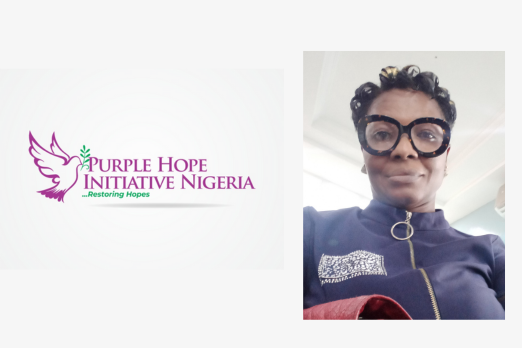
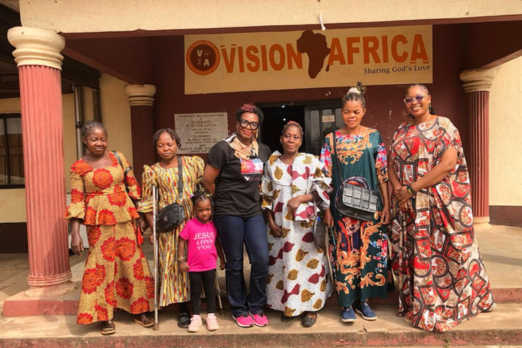
SPOTLIGHT
Purple Hope Initiative Nigeria (PHIN)







